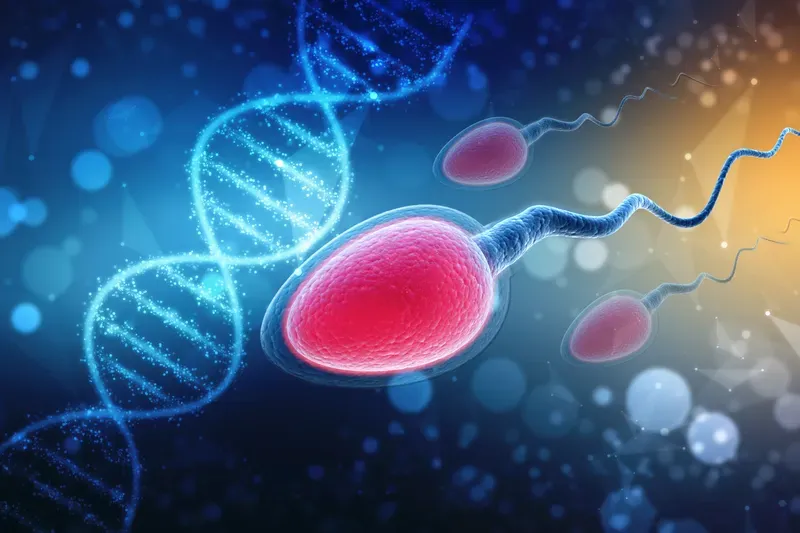New Gene Discovery Could Lead to Reversible Male Contraceptive for Humans and Animals
Researchers at Washington State University have discovered a gene, Arrdc5, which is expressed in the testicular tissue of mice, pigs, cattle, and humans, paving the way for a highly effective, reversible, and non-hormonal male contraceptive for both humans and animals. When the gene was knocked out in mice, it caused

Researchers at Washington State University have discovered a gene, Arrdc5, which is expressed in the testicular tissue of mice, pigs, cattle, and humans, paving the way for a highly effective, reversible, and non-hormonal male contraceptive for both humans and animals.
When the gene was knocked out in mice, it caused infertility only in males, impacting their sperm count, movement, and shape. Lack of the gene also causes significant infertility in humans, creating a condition called oligoasthenoteratospermia (OAT).
The researchers plan to design a drug that would inhibit production or function of the protein encoded by this gene, which would not require any hormonal interference and would make the contraceptive easily reversible.
The team has filed a provisional patent for the development of a male contraceptive based on this gene and the protein it encodes.
This discovery has the potential to curb population growth and stop unwanted pregnancies in humans, as well as to control reproduction in livestock and limit overpopulation of species in wildlife.




